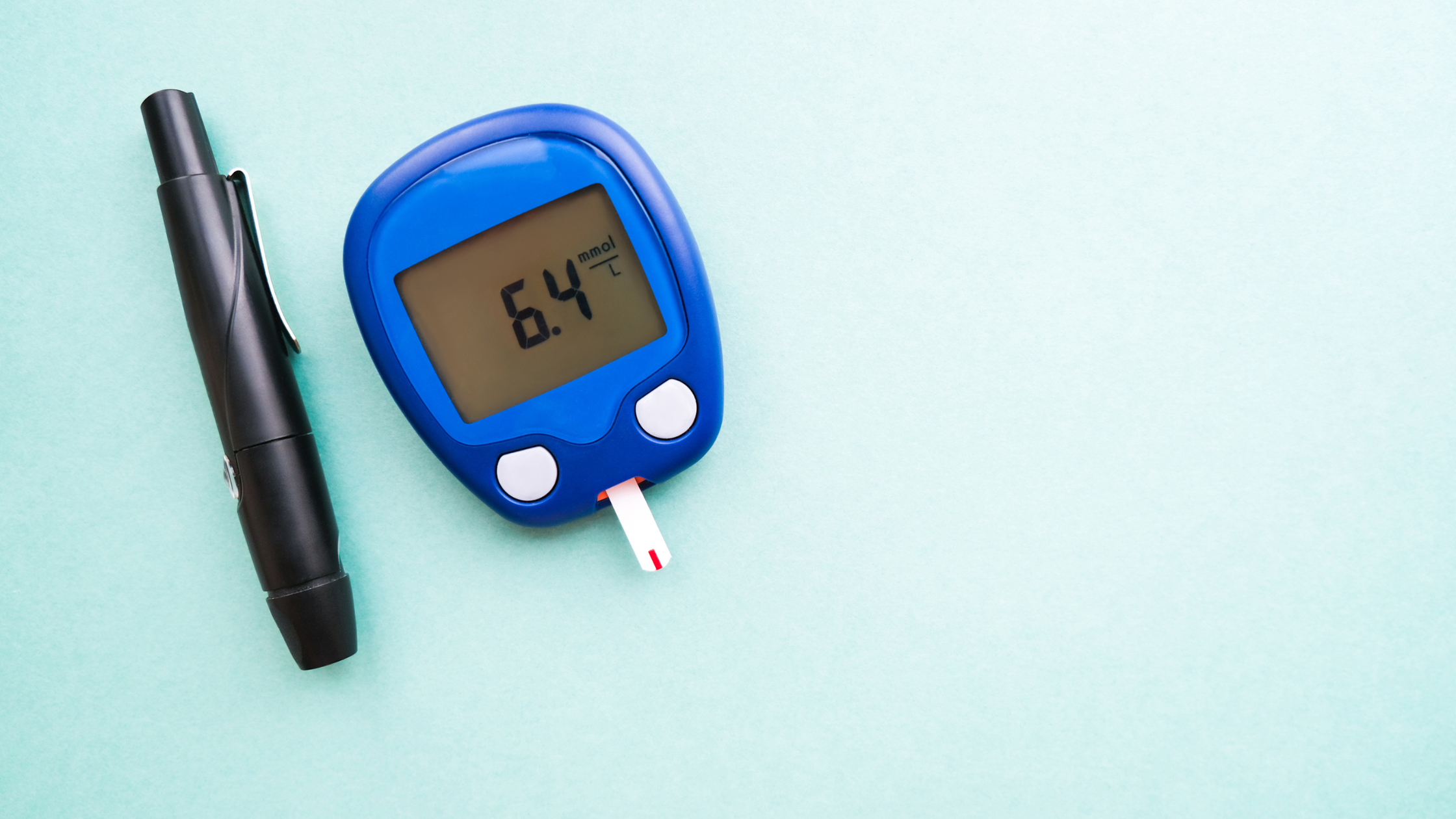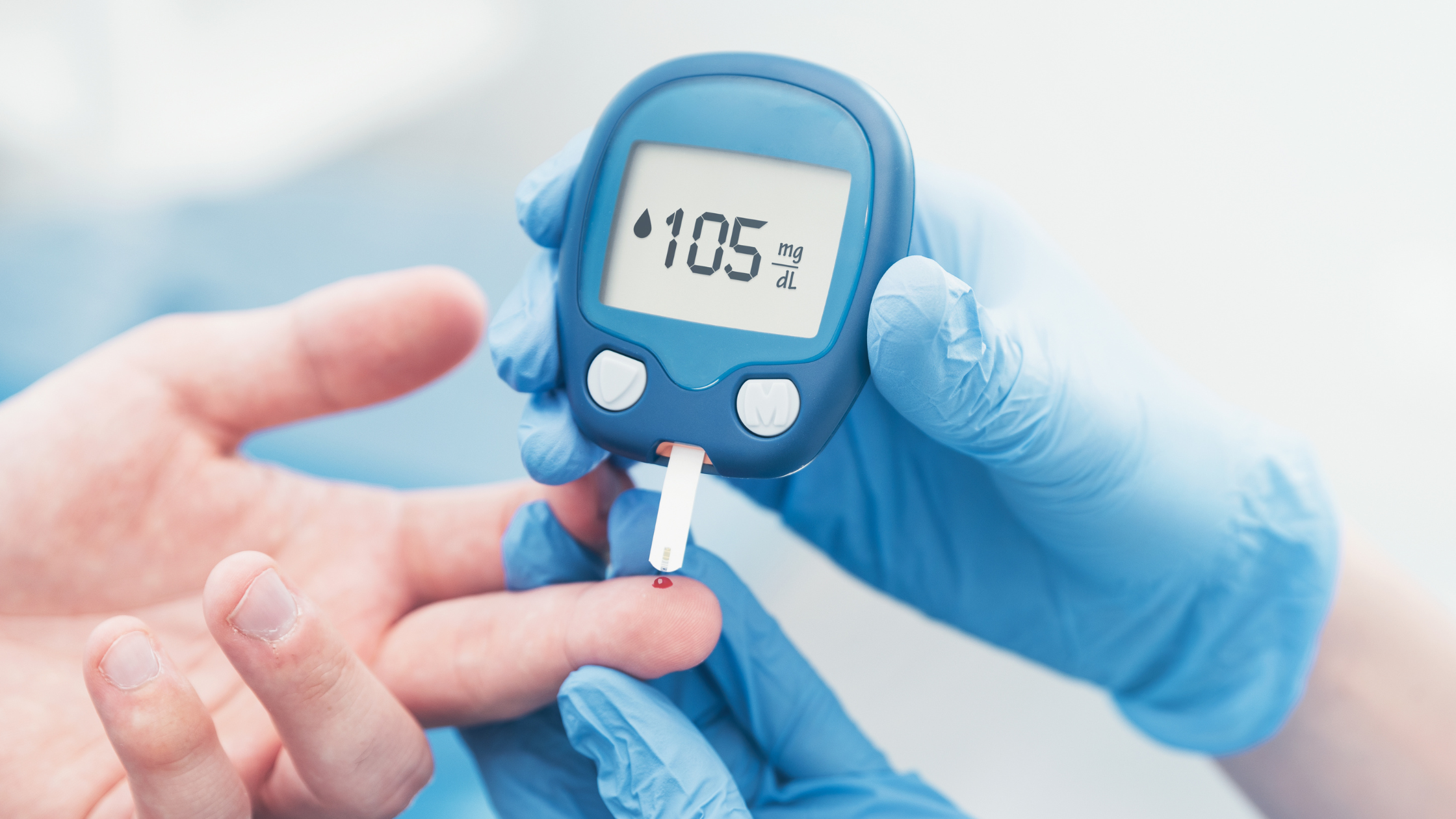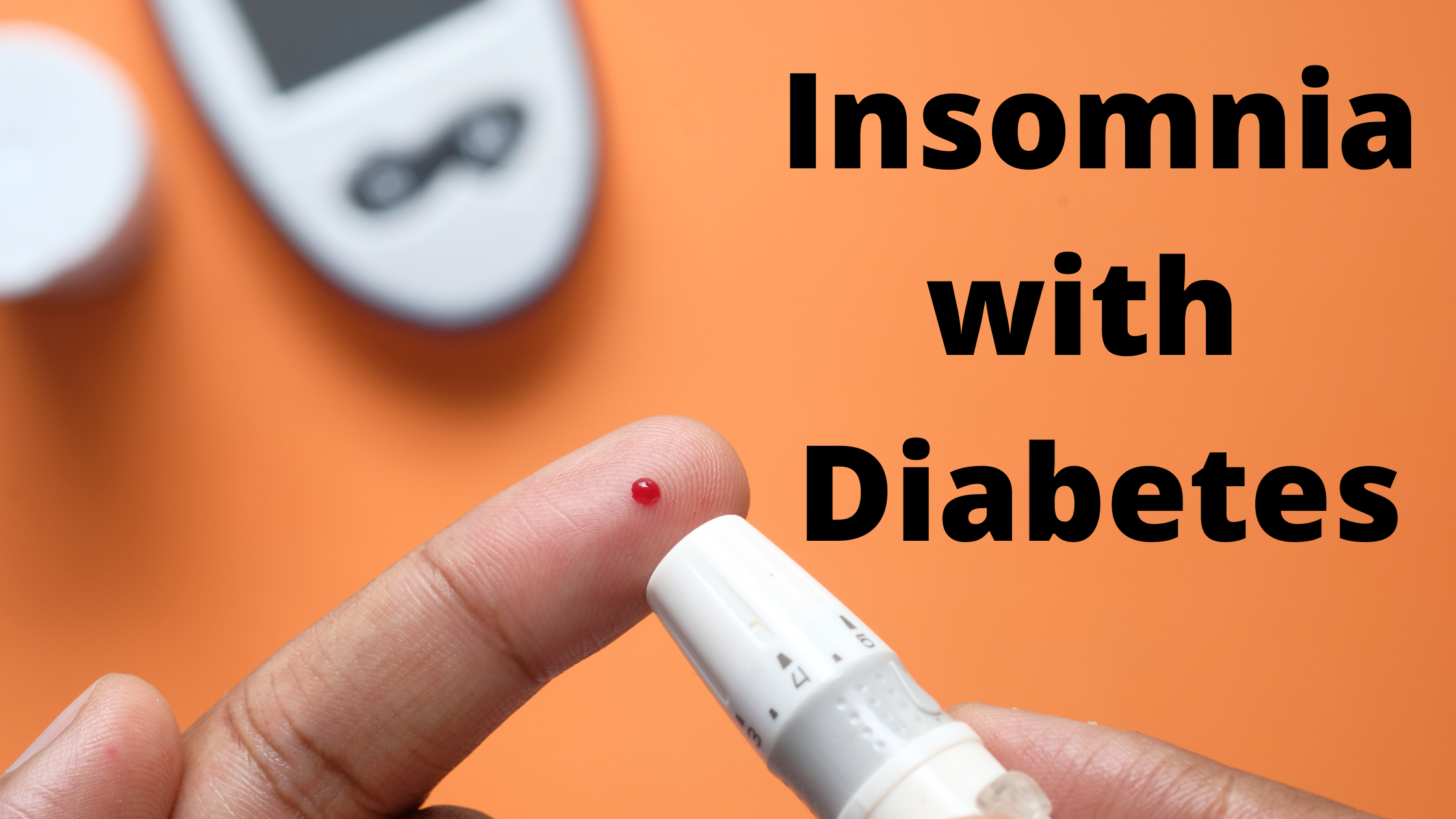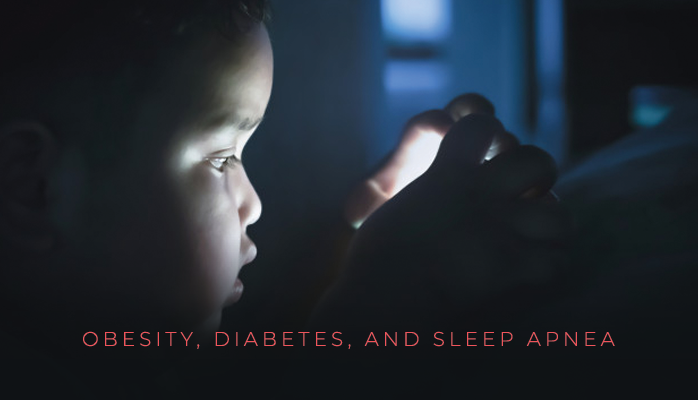Most of us recognize that sleep is essential for feeling energized and focused, but sleep is also crucial for maintaining healthy blood sugar levels. Research shows a strong connection between sleep quality and the risk of developing diabetes mellitus, particularly type 2 diabetes. Poor sleep—whether due to insufficient hours, irregular schedules, or sleep disorders like sleep apnea—can increase the risk of insulin resistance, higher blood glucose levels, and eventually, diabetes. Here’s a closer look at how sleep issues and diabetes are intertwined and what you can do to improve both your sleep and blood sugar control.
The Connection Between Sleep Issues and Diabetes Mellitus
Risks, Symptoms, and Treatment of Nocturnal Hypoglycemia Unawareness
For individuals living with diabetes, maintaining stable blood sugar levels throughout the day and night is essential for overall health and well-being. However, nocturnal hypoglycemia unawareness poses a unique challenge, as it can occur during sleep without noticeable symptoms, leading to potentially dangerous consequences. In this blog post, we'll explore what exactly is nocturnal hypoglycemia unawareness, its risks, symptoms, and strategies for management to help individuals with diabetes stay safe and healthy.
Exploring the Role of Continuous Glucose Monitors in Nighttime Health
Continuous glucose monitoring (CGM) devices have revolutionized the management of diabetes by providing real-time insights into blood sugar levels. While CGMs are commonly associated with daytime monitoring, their impact on nighttime health and sleep quality is gaining recognition. In this blog post, we'll delve into the fascinating intersection of continuous glucose monitors and sleep, exploring how these devices can offer valuable data and insights to optimize glucose control and enhance overall sleep quality.
The Connection Between Insulin Resistance and Sleep: How Quality Rest Supports Metabolic Health
In the realm of metabolic health, insulin resistance is a significant concern, often associated with conditions such as type 2 diabetes and obesity. While diet and exercise are primary focuses for managing insulin resistance, emerging research suggests that sleep quality and duration may also play a crucial role in metabolic function. In this blog post, we'll delve into the intriguing link between insulin resistance and sleep, exploring how sleep disturbances can contribute to metabolic dysregulation and offering insights into how prioritizing quality rest can support overall health.
For individuals with diabetes, the specter of hypoglycemia looms, particularly during the night when blood sugar levels can plummet without warning. Overnight hypoglycemia, also known as nocturnal hypoglycemia, presents unique challenges and risks that require careful attention and management. In this blog post, we'll delve into the complexities of overnight hypoglycemia, exploring its causes, symptoms, and strategies for prevention and management.
Understanding the Vital Link Between Sleep and Diabetes
Diabetes and sleep share a profound and intricate relationship that significantly impacts overall health and well-being. While diabetes can disrupt sleep patterns, inadequate or poor-quality sleep can also exacerbate diabetes-related complications. In this blog post, we'll delve into the complex interplay between diabetes and sleep, exploring the effects of each on the other and offering insights into strategies for achieving better health outcomes.
The Vital Connection Between Sleep and Diabetes: Unraveling the Link
Sleep is a fundamental aspect of our well-being, playing a crucial role in maintaining our physical and mental health. It is during sleep that our bodies undergo essential processes such as repair, restoration, and consolidation of memories. However, the significance of sleep extends far beyond these benefits, as emerging research has uncovered a deep connection between sleep and diabetes. In this blog post, we will explore the intricate relationship between sleep and diabetes, highlighting the impact of sleep deprivation on the development and management of diabetes.
Diabetes affects more than 30 million people in the United States. It is also the 7th leading cause of death. The most common form is Type 2 Diabetes, which is an acquired condition of insulin resistance. There are many factors that play into the development of this disease, including genetics, lifestyle, and habits. One of those habits is sleep. There is a tight relationship between sleep and diabetes, and understanding the management of one may help the other. Continue reading to find out more about this relationship and what you can do about it.
The Revolving Circle of Diabetes, Sleep Apnea, and Obesity
The interplay between diabetes, obesity, and sleep apnea is widely acknowledged and cannot be ignored. While it may be unclear which condition is the root cause of the connection, it is evident that they are all interconnected and have a negative impact on each other.
Obesity can exacerbate obstructive sleep apnea, making it more difficult to breathe during sleep. In turn, sleep apnea can worsen diabetes management, leading to complications in blood sugar control. Furthermore, diabetes can hinder weight loss efforts, making it harder to manage obesity.
This vicious cycle can be disheartening, but the good news is that there are various treatments and interventions available to help break this revolving door. There are strategies to address each condition individually and simultaneously, making the management of diabetes, obesity, and sleep apnea more attainable.
It is crucial to consult with healthcare professionals for personalized guidance and treatment options. Our team of sleep specialists can provide expert advice and support in managing sleep apnea effectively.








